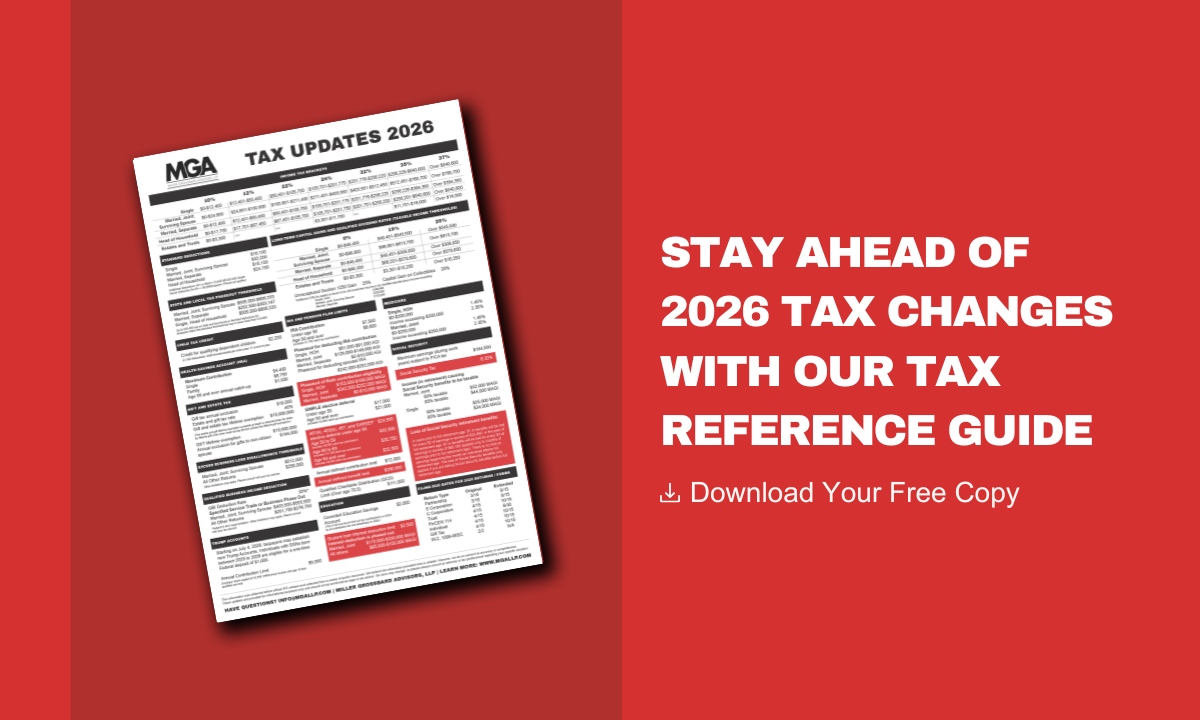Over the past few years, there has been much discussion about changes to the taxation of carried interests under the 2017 Tax Cuts and Jobs Act (TCJA). A carried interest (also referred to as a profits interest or a promote) is a partnership interest that is received for services rendered to a partnership. It allows the carried interest holder to share in future profits and gains but not in the existing capital of the partnership.
The TCJA added Section 1061 to the tax code, which required a partner holding a carried interest to use a three-year holding period instead of a one-year holding period to determine whether capital gains are long-term (and thus taxed at lower tax rates). When this new section was added to the tax code, there were many open questions about how it would operate. Recently the IRS released long-awaited Proposed Regulations (REG-107213-18) that help answer some of these questions. While Proposed Regulations are not considered to be binding, they provide us with valuable insight into how the IRS plans to enforce the tax law.
Key Takeaways from the Proposed Regulations on Carried Interest
The Proposed Regulations' scope is considerably large and complex, so we would like to focus our attention on the one aspect we believe most affects our clients — the treatment of gains from holding a carried interest in a real estate partnership. The proposed regulations clarified that the Section 1061 three-year holding period applies to both the partner's distributive share of gain from the sale of an asset of the partnership and the sale of the partnership interest itself.
In other words, the three-year holding period applies to the owner of a carried interest in both of these cases:
- Partnership sells asset(s) for a gain
- Partner sells his or her partnership interest for a gain
While this particular clarification is not so taxpayer-friendly, the picture brightens considerably in the later sections of the regulations. Here’s what we believe is the most important takeaway: The proposed regulations clarify that the Section 1061 three-year holding period does not apply to long-term capital gains from the sale of real estate assets or other business assets. More specifically, the regulations state that the three-year holding period does not apply to long-term capital gains determined under Section 1231 (property used in a trade or business). Please note that to take advantage of this exemption and utilize the lower long-term capital gains rates on the sale of real estate, taxpayers will need to have the partnership sell the underlying real estate assets rather than selling their carried interest in the partnership.
In addition to these clarifications, the Proposed Regulations discuss some issues that we believe are less relevant to our clients, including the following:
- Taxpayers cannot avoid the Sec. 1061 three-year holding period by holding their carried interests through an S corporation or a passive foreign investment company
- Taxpayers who purchase a carried interest from an unrelated party and do not provide services to the partnership are exempt from the Sec. 1061 rules
- Clarification regarding gain recognized when carried interests are transferred from the original owner to a related party
Have Questions? We are Here
If you have any questions about how the Section 1061 three-year holding period for long-term capital gains might apply to your carried interest, we encourage you to reach out and speak with one of our experts. You can trust us to stay on top of the ever-changing tax law, working hard to provide our clients with the best possible advice.
As always, we are here to make the complex simple.
.png?width=191&name=mgalogofinal-01%20(3).png)





